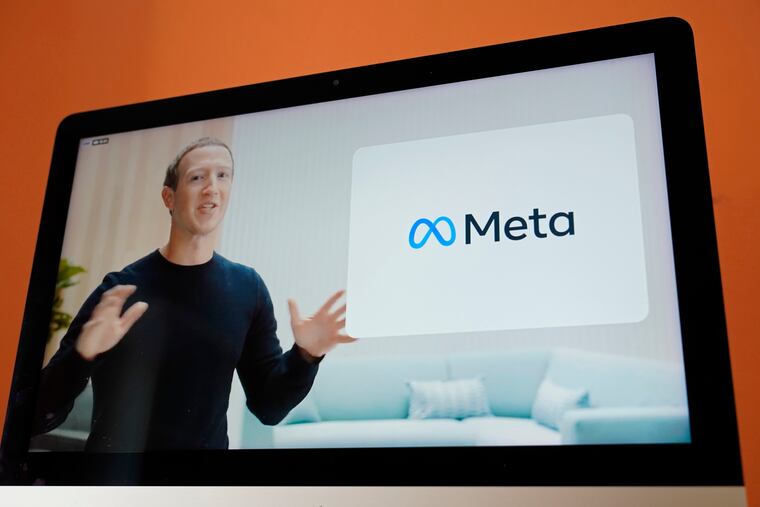Will ‘meta’ suffer the same fate as ‘uber-’ and ‘face book’? An investigation of branded words. | The Grammarian
When regular words get co-opted by brands, do people stop using them?

Once upon a time there was a not-evil thing called a face book. Maybe one was handed to you when you started college. It was a tangible book, with photos of your peers. It wasn’t capitalized because it wasn’t a proper noun.
We know how that turned out.
There’s a slightly newer word, meta, that is commonly mishandled, overused, and abused. It’s a stupid prefix-turned-standalone-word, rarely functioning on its own without an adverb (as in, “That’s so meta”). Now that Facebook has rebranded its parent company as Meta, could meta face the same fate as face book?
One can hope. But first, a look at history.
The Oxford English Dictionary pins the first citation of face book to 1974, in The Daily Princetonian. The end of the 20th century saw face books proliferate, but after the website Facebook arrived in 2004, it obliterated the lowercase face book. Today’s college first-years wouldn’t know what a physical face book is. The OED notes that lowercase face book’s usage is now among words that are “almost exclusively terms which are not part of normal discourse and would be unknown to most people.” A few of the most common (and most fabulous) words it puts in this category: absterge, ennead, scintillometer.
In other words, face book is dead. Long live Facebook.
» READ MORE: Facebook renames itself Meta to emphasize its ‘metaverse’ vision
Uber- took a similar path. Remember when uber- was the prefix du jour? A strong run in the 1990s and early 2000s got uber- added to the OED in 2015. Everything was uber-cool or uber-fun. Now that the company Uber is neither cool nor fun, lowercase uber- in its many forms—uber-cool, uber-fan, uber-geek—has seen its prevalence plummet.
When Mark Zuckerberg announced two weeks ago that Facebook’s parent company was rebranding as Meta, he explained that the term comes from metaverse, credited to sci-fi writer Neal Stephenson, who described it as the computer-generated environment where real humans interact. Metaverse first appeared in 1992, making the word considerably newer than face book. (Interestingly, metaverse is an abbreviation of meta-universe, a word first documented—with a different definition—in 1974, the same year as face book. Far out.)
Because that online reality is where Facebook seeks to make its mark, the company is planting its flag in the metaverse as Meta.
When Zuckerberg and co. chose the name Facebook, they adopted a word used mostly on college campuses. They didn’t know it would become synonymous with your crazy uncle’s conspiracy theories. But in selecting Meta, they’ve chosen a much trendier label.
The self-referential meaning of meta has existed as a prefix for a long time, but it wasn’t until the late 1980s that the word started standing on its own. A 1988 New Republic article cited Merriam-Webster editor David Justice, who predicted, “like ‘retro’—whose use solely as a prefix, is so, well, retro—'meta’ could become independent from other words, as in, ‘Wow, this sentence is so meta.’”
Justice was right. Meta’s usage has skyrocketed since then, and it’s now more popular than ever. As anyone who’s selected a trendy baby name knows, what seems cool and original now could, 60 years from now, sound tragically dated. (The 2080s are going to see a lot of retirees named Harper and Olivia.)
Will lowercase meta suffer a similar fate? Will normal people stop using it because it’s been co-opted by the same folks who killed face book? We don’t yet know, but if it does, we’ll probably read about it on Facebook—a turn of events that would be so … something. I can’t think of the word for it.
The Grammarian, otherwise known as Jeffrey Barg, looks at how language, grammar, and punctuation shape our world, and appears biweekly. Send comments, questions, and umlauts to jeff@theangrygrammarian.com.
Read more from The Grammarian
Biden’s ‘I’ll be darned’ packs a bigger punch than Trump’s F-bombs
Calling people ‘the unvaccinated’ could be a deadly shift in language